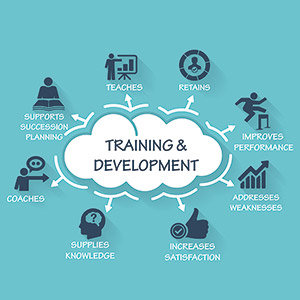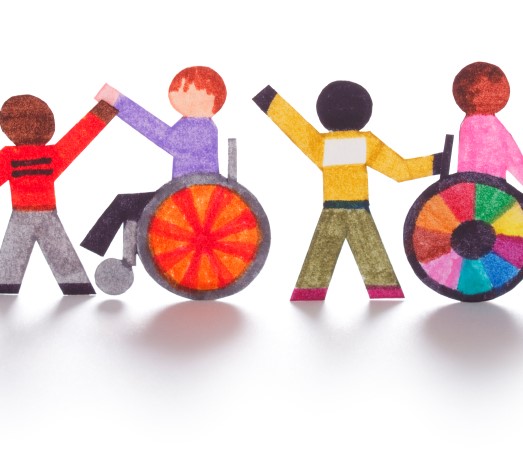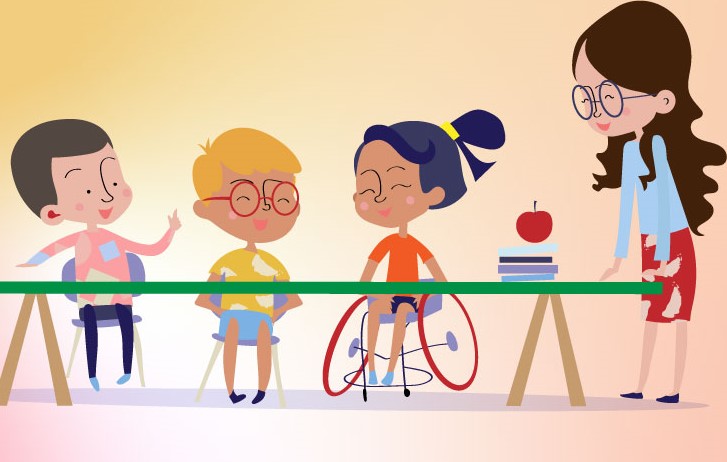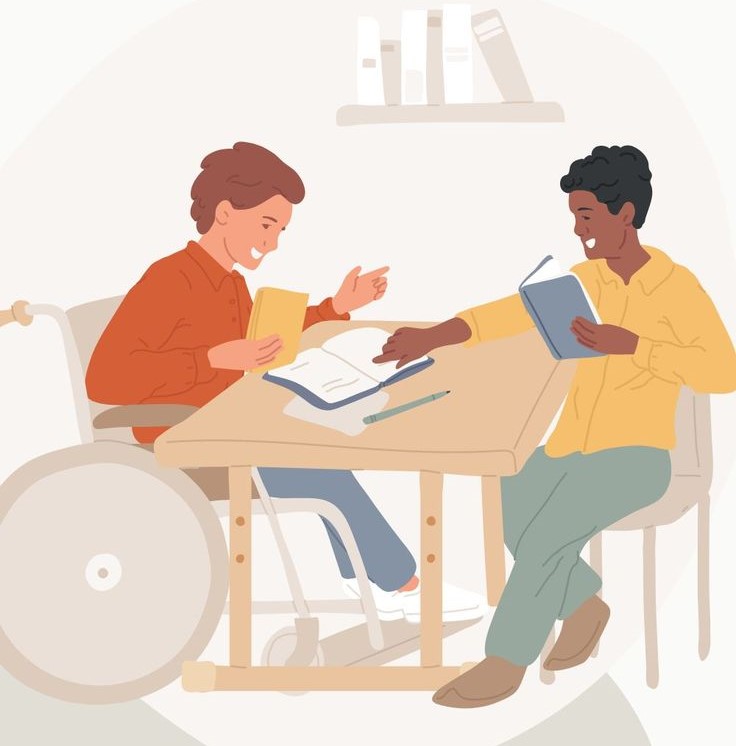PGDE in STEAM Leadership (PGDE-SL)

- Start Date:
- Sept. 4, 2026
- Price: Rs. 152000 /-
Introduction
Kathmandu University School of Education (KUSOED) provides comprehensive programs in teaching and leadership, focusing on nurturing competent teachers, educators, and educational leaders. These programs emphasize holistic development and aim to enhance pedagogical practices that are both meaningful and life-affirming. Effective leadership is crucial for driving educational transformation, as it fosters a positive school culture, improves teacher performance, and enhances student outcomes. By cultivating skilled and visionary educational professionals, KUSOED strives to initiate a shift in educational processes. KUSOED's goals include: Delivering practical educational programs that equip individuals with the knowledge and skills needed to address contemporary educational challenges in Nepal and beyond.
- Preparing trainers, teacher educators, leaders, and teachers with diverse instructional skills, strategies, and methodologies necessary for creating effective teaching and learning environments; and producing and disseminating high-quality educational materials.
- Developing school managers and educational leaders with proficient and effective management skills relevant to school programs.
In the given organizational context, the proposal discusses the need for the program of PGDE (One Year) in STEAM Leadership, eligibility for prospective students, program structure, course descriptions and student assessment modalities.
Rationale
The evolving educational landscape demands pedagogical, instructional, and transformative leadership that embraces trans, multi, and interdisciplinary approaches. Holistic and sustainable learning, achieved through the integration of science and arts-based methodologies, is paramount. STEAM (Science, Technology, Engineering, Arts, and Mathematics) education fosters both analytical and creative thinking, utilizing project-based, inquiry-based, and problem-based learning in an integrated environment. By drawing upon diverse educational disciplines, learners are equipped to tackle real-world problems, develop transversal competencies, design innovative STEAM solutions, and engage in a productive culture of learning.
Recognizing these needs, Kathmandu University School of Education (KUSOED) has developed a one-year Post-Graduate Diploma in Education (PGDE) program in STEAM Leadership. This program is tailored for in-service teachers, teacher educators, school leaders, and recent graduates seeking to specialize in STEAM education.
School leaders, as decision-makers and policy influencers, play a pivotal role in driving educational and community transformation. Through this course, they will gain the skills and knowledge necessary to implement and advocate for STEAM approaches within their institutions. By fostering an environment that encourages innovation and interdisciplinary learning, school leaders and other key educational stakeholders can significantly impact not only the educational experiences of students but also the broader community. This program empowers them to lead educational change, making a lasting difference in both school and community contexts.
Key Features of the Program
The proposed program will have the following key features.
- Develop teachers, teacher educators, and school leaders who can apply a multidisciplinary approach to teaching and learning, driving educational transformation through leadership.
- Equip participants with a robust understanding of STEAM education and develop them into leadership practitioners in the field of STEAM.
- Design and deliver professional development programs for both prospective and in-service teachers, enhancing their skills and knowledge.
- Develop competencies in utilizing ICT tools within pedagogical contexts to foster meaningful and engaged learning experiences.
- Provide thorough theoretical and practical knowledge in planning, teaching, adapting, institutionalizing, and evaluating educational experiences within the STEAM framework.
- Embrace and promote innovation and creativity in instructional practices, positioning participants as instructional leaders in STEAM education.
- Prepare high-quality teaching and learning resources grounded in STEAM perspectives to enhance instructional practices and student engagement.
- Train participants to become effective trainers who can lead and inspire others in the adoption of STEAM methodologies.
- Develop school leaders specifically skilled in implementing and managing STEAM programs within their institutions, driving school-wide educational innovation.
- Establish and manage STEAM labs that serve as incubators for innovative projects and hands-on learning experiences, fostering a culture of experimentation and creativity.
Attributes
- Skillful teachers
- Teacher educator
- Reflective practitioner
- Resource materials developer
- Visionary and Collaborative
- Lifelong Learners
- Technologically Proficient
- Innovative Problem Solvers
- Change Agents
- Inclusive Educator
- STEAM Advocates
Job Prospects
- STEAM Coordinator
- School Principals/Administrator
- Educational Consultants
- Curriculum Developers
- Professional Development Trainers
- STEAM Lab Managers
- Policy Advisors
- Educational Researchers
- Instructional Coaches
- Community Outreach Coordinators
- Entrepreneurs in Education
- Teacher Educators
Course Structure
- The course is offered in two semesters.
- The course takes one year to complete for full-time students and provision has also been made for part-time students who can finish it in two years.
- The course covers 27 credit hours. One credit hour is 15 hours of contact sessions.
Method of Instruction
The methods of teaching will be a combination of varieties of instructional techniques. Workshops, group discussions, demonstrations, sessions by guest speakers, seminars, colloquium, report writing, report presentation, case analysis, problem-solving, practical experiences and fieldwork activities will be used. Participatory teaching and learning are emphasized.
Mode of Delivery
This program will be delivered in blended mode.
Eligibility for Enrollment
The entry requirement for the PGDE in STEAM Leadership is a Bachelor’s degree in any disciplines
Evaluation and Attendance
- Evaluation will be conducted in the in-semester (formative) and end-semester (summative) modes.
- In-semester assessment covers 50% and end-semester covers 50% weightage.
- In-semester assessment calls for student participation in the classroom discussions, writing reports, presentations, group activities, project work, case studies, and written tests, and the end-semester examination will be a paper and pencil test/assessment at the end of the term.
- Students are evaluated in the letter grade system for each course and the grade is converted into a specific number of grade values associated with the grade. Grade point average (GPA) is calculated by multiplying the grade value of the earned grade by the number of credits for each course and dividing the total grade by the total number of semester/term credits earned.
- The GPA must be 2.0 or above at the end of every semester to pass the course. The CGPA is also calculated at the end of the program.
- A minimum of 80% attendance is mandatory.
Award of Degree (Graduation)
The students completing all the requirements will be awarded a "Postgraduate Diploma in Education” with a specialization in STEAM Leadership.
Courses
The 27 credit hours program includes (a) core courses (b) specialization courses, and (c) the practicum.
PGDE in STEAM Leadership (27 Cr. Hrs)
|
Core Courses (3) EDUC 401 Educational Philosophies (3) |
|
Specialization Courses (21) STEL 411 Fundamental of Leadership and Management (3) STEL 488 Transformative Leadership (3) STEL 489 Innovative Pedagogy (3) STEL 490 Educational Action Research (3) STEL 471 Curriculum and Assessment (3) STEL 463 ICT in Education (3) STEL 461: Material and Lab Development for STEAM Leadership (3) |
|
Practical Courses (3) EDUC 499 Practicum (3) |
RELATED COURSES
-

Masters in Training and Development (MTD)
Read More -

Diploma in Inclusive and Special Needs Education (Cycle-II)
Read More -

Diploma in Inclusive and Special Needs Education (Cycle-I)
Read More -

PGDE in Inclusive and Special Needs Education (ISNE) (Specialization in Autism Spectrum Disorder)
Read More -

Masters in Inclusive and Special Needs Education (MISNE)
Read More